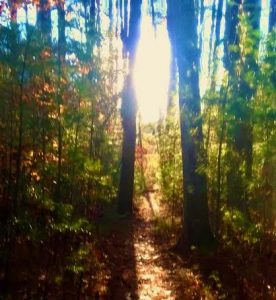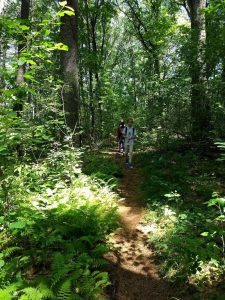Wise words from the Rev. Dr. David Ferner:
CONNECTED TO WHAT?
So many of us feel disconnected these days…from each other, from G-d,
from creation, and even from ourselves. Many factors have contributed to
this reality and it would take many essays to speak to it. Certainly, the
pandemic exacerbated our sense of detachment, but seeds of this
perception have probably always been true of human experience. In more
recent times we have seen the breakdown of the familiar as families,
friends, and acquaintances have spread out across the world, no longer
living in tight, small neighborhoods with inescapable connection. Our lives
as humans have become more nuclear, especially over the last couple
centuries and that makes us lonely and longing for deeper connection.
We aren’t going to change these physical realities. It is more important that
we reorient our thinking – our perceptions – our longings. In a new book,
Why? The Purpose of the Universe, Philip Goff, an agnostic by admission,
speaks of a purposefulness in the creation of the universe. While he tries
not to use the language of religion, he writes of a life force in everything in
the universe, from the smallest inanimate object to the most complex and
conscious – humans. If we carry his thinking to a conclusion, it says that
we are connected to everything that is. Our longing is a natural outcome of
wanting to be one with all that is including, for those of faith, with the One
who is responsible for the universe’s soul force. It means we are
connected, with each other, with all that we see, hear, and touch, and with
the Holy One. We don’t need to go seeking connection because we are, by
nature, connection because of this soul force. The task for us all is to
cultivate this reality and deepen what already is.
Rev. Dr. David Ferner

